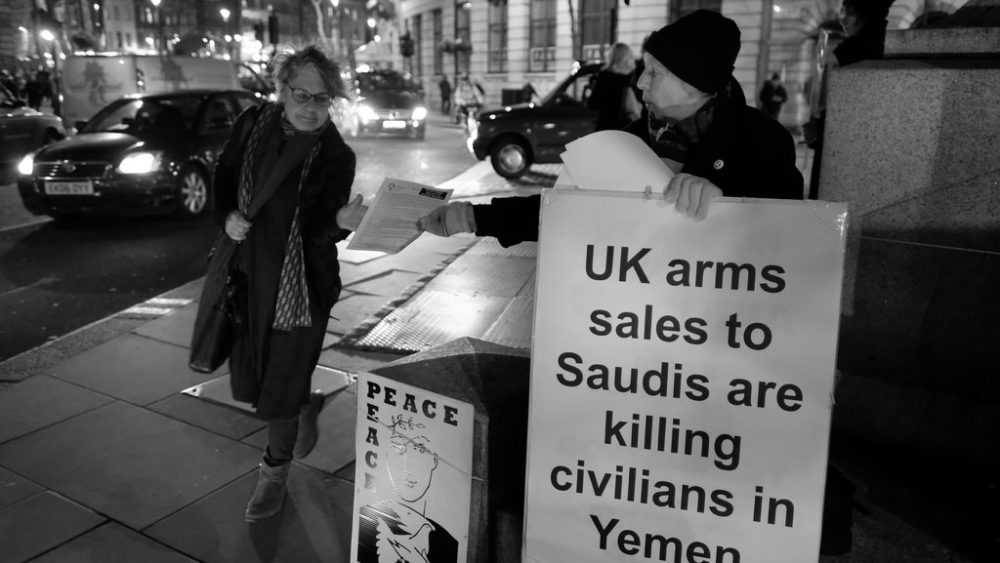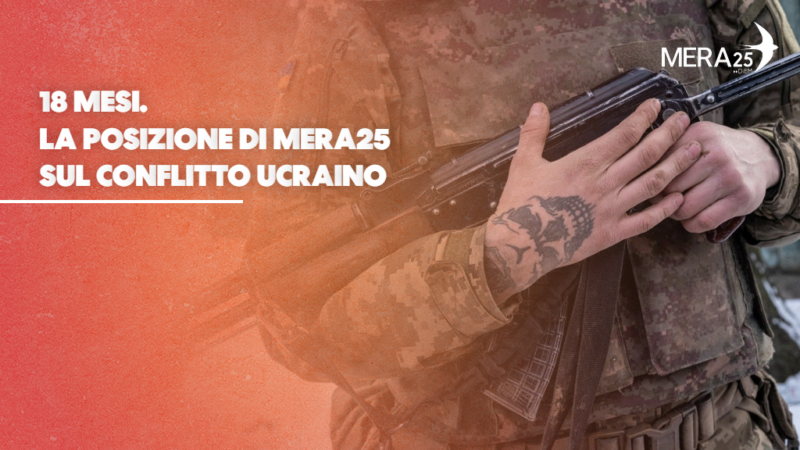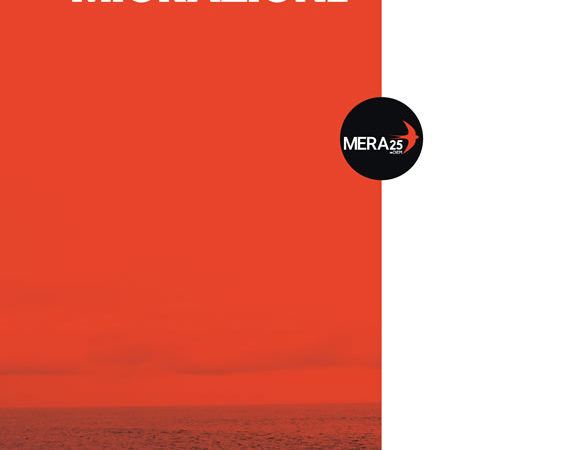A war is raging in Yemen — a war in which many European governments are complicit. And yet few of us are paying attention.
The Yemeni Civil War has reached far beyond the borders of Yemen. It is fought by Saudi pilots, Sudanese soldiers and British weapon dealers. But it is the Yemeni civilians who suffer the most. As of January 2018 22.2 million people are in need of humanitarian assistance, 11.3 million in need of acute humanitarian aid and people living in 107 out of the 333 districts in Yemen are at risk of famine. 52.000 people have been killed, 2 million people are displaced and there has been a cholera outbreak with 900,000 suspected cases.
What has caused all this, and what can we do about it?
Yemen’s struggles began long before this round of conflict. Before 1990, Yemen was split up into South Yemen (”People’s Democratic Republic of Yemen”), formerly a British colony until 1967, and North Yemen ( “Yemen Arab Republic”). South Yemen was a Marxist state, governed by the only party in the country, the Yemeni Socialist Party. The North, on the other hand, was an Islamic state, ruled by Ali Abdallah Saleh, who was to play a crucial role in its subsequent history.
When Yemen was unified — without violence — Saleh became president. He remained president until 2011, leading a corrupt government that was mainly held afloat by a compromise between the army, government and businessmen of Yemen.
But the Arab Spring also exerted its influence in Yemen. Protestors poured onto the streets demanding the end of the corrupt government, a better handling of the economy and the halting of amendments to the constitution that would have otherwise abolished the presidential term limit and allowed Saleh’s son to become president when Saleh died. Saleh abdicated, and elections were organized. Abd Rabbuh Mansur Hadi, the previous Vice-President, was elected in a one-man contest with a mandate to improve the economic situation and defeat AQAP, the wing of Al-Qaeda present in Yemen which had been committing terrorist attacks in multiple cities.
But Hadi did not deliver on his promises. The government was too weak and too busy fending of attacks from separatist leagues, AQAP and Shia insurgents. Yemen is largely Sunnite, but it has a large minority of Zaydi shiites. A certain group composed of these Shiites led a insurgency against the government in 2014. They called themselves the Houthis, after their leader Hussein Badreddin al-Houth, who was killed in 2004 by government forces.
Houthi insurgencies had been attempted in the past, but this time, they allied themselves with the former president Saleh, who wanted to regain power. They gained control over the capital, and forced the resignation of the government in January 2015. A large part of what was previously Northern Yemen has since been under the control of the Houthis, and their Revolutionary Committe, which passes laws valid inside its territory.
President Hadi was forced to flee to Riyadh, which prompted Saudi Arabia to take action against the Houthis. They claimed that the insurgents were being helped by Iran, and arranged a coalition to restore the previous government to power. The coalition consisted of United Arab Emirates, Kuwait, Qatar, Bahrain, Jordan, Morocco, Sudan, Egypt, and Pakistan — largely Sunnite countries (Qatar withdrew in June due to its ongoing litigation with Saudi-Arabia). The United States offered support with logistics, intelligence and targeting, while the US, UK and France all have arm dealing contracts worth billions with Saudi Arabia.
Now the war has been carrying on for over three years, and is approaching its fourth. Since the start of the war, the damage to Yemen has been extensive, including a high and rising death toll among Yemeni civilians. According to Human Rights Watch, there have been 85 unlawful coalition strikes, resulting in the death of almost 1000 civilians.
The Houthis have fired artillery indiscriminately into Saudi territory and Yemeni cities. Both sides have arbitrarily detained individuals and there have been rumors of torture. The Houthi forces have confiscated products crucial to the survival of the Yemeni people in need, such as food and medicines. Both sides have used child soldiers, which account for about a third of all individuals involved in the conflict. The UN put both the coalition and the Houthis forces on the “list of shame” for violations against children (although the coalition was later taken off this list as they threatened to withdraw millions in donations to the UN).
The Vietnam War ended only when a powerful movement of citizens rose up to stop it. That war, like Yemen’s, featured powerful western countries pursuing their own interests with disregard for human life. It was also a time when the Western conscience awakened, a time of love and compassion. The population was striving for a better world.
Now the consciousness has fallen asleep again, too occupied with the spectacle of Donald Trump and the rise and fall of stock prices. It is simply incredibly — and outright sickening — that the suffering of 22.2 million people could be overlooked, or simply ignored.
We need to confront those in power, point to their crimes and contradictions. How can any European politician say that he is in favor of peace when he allows the selling of arms to a nation killing thousands every year? How can he say that he will fight for what is right when he turns a blind eye to human rights violations?
Progress has been made. The Netherlands, Canada, Belgium, Ireland and Luxembourg have succeeded in getting an investigation by the UNHR into what is happening in Yemen underway. In the US Senate, a bill was proposed by Bernie Sanders, Mike Lee and Chris Murphy to stop the aid that the US provides to the Saudi´s in the Yemen war (although it was later voted down). There have been protests in London against Saudi-led airstrikes.
But more can be done. The spirit of the anti-war protests is still alive, and its power must be wielded again. This time not to stop the dropping of napalm on remote Vietnamese villages, but to stop the funding and support of a deadly war, and to stop the biggest humanitarian disaster in the world today.
Harm Roelant is a 17 year old Dutch citizen, currently living in Helsinki and attending the European School of Helsinki.
Volete essere informati delle azioni di DiEM25? Registratevi qui!




